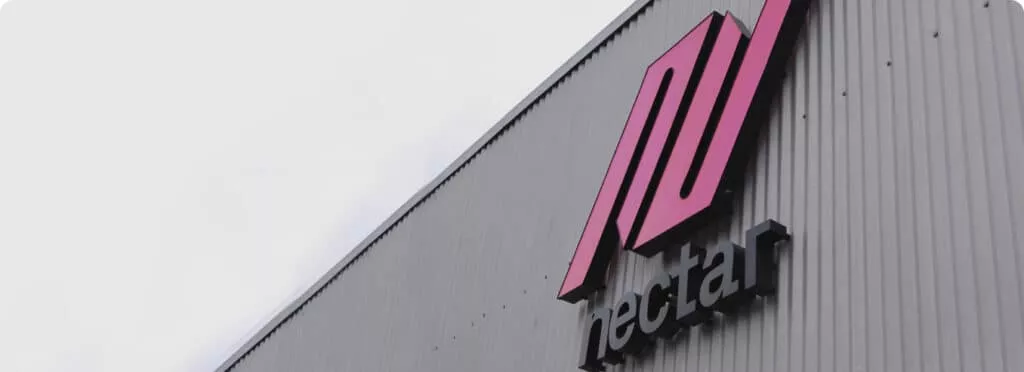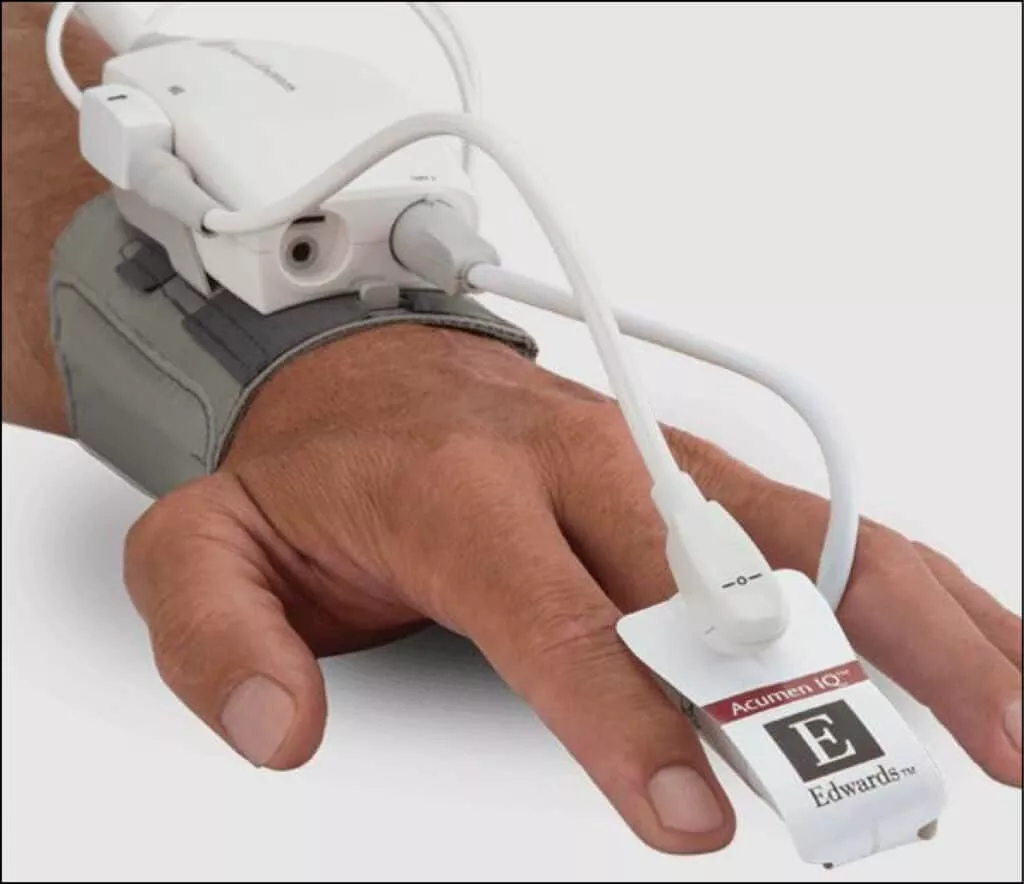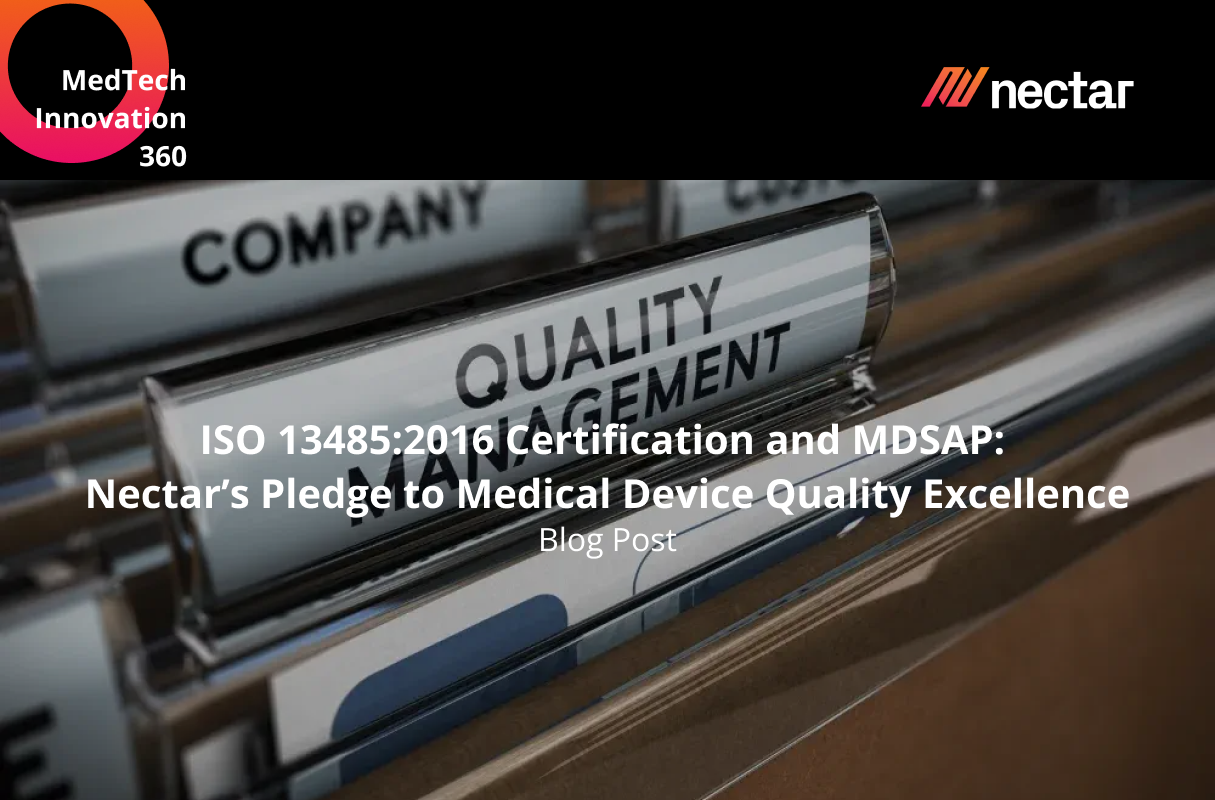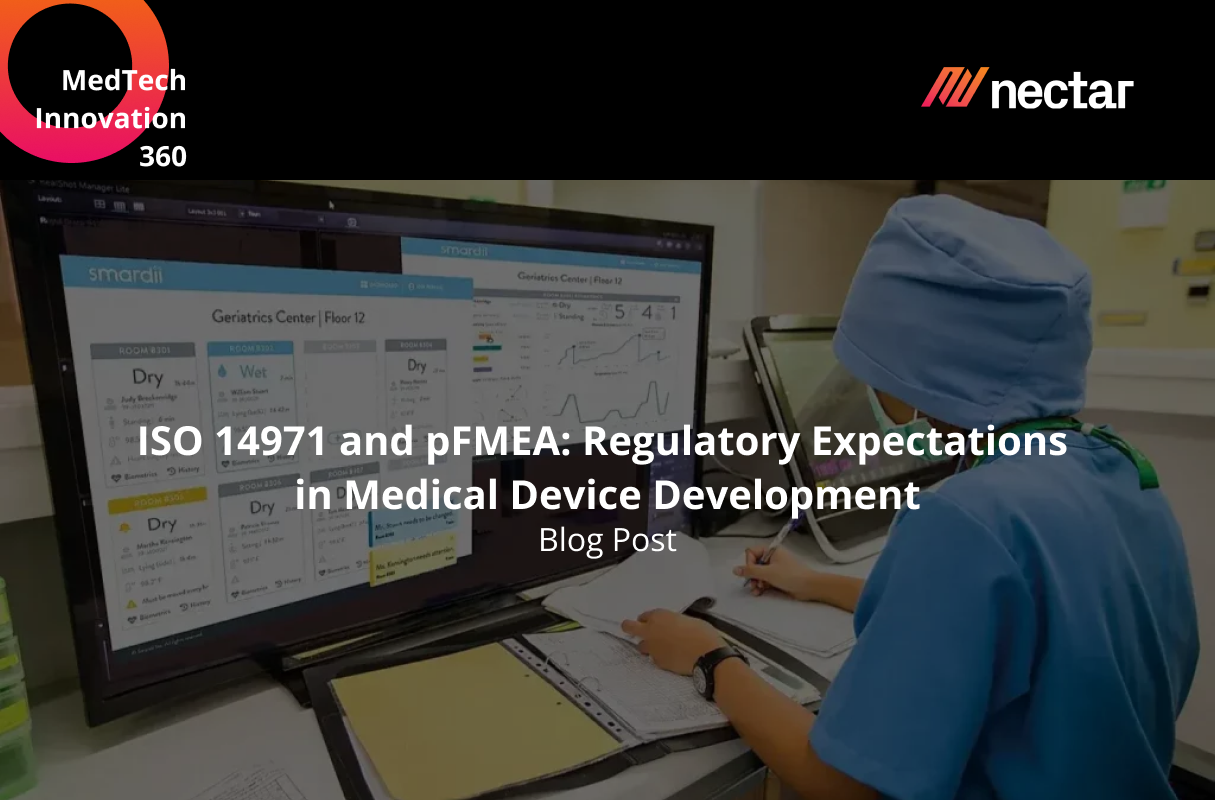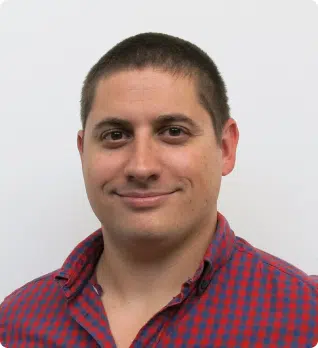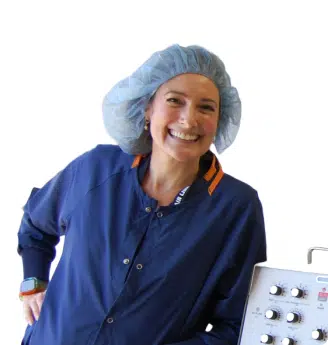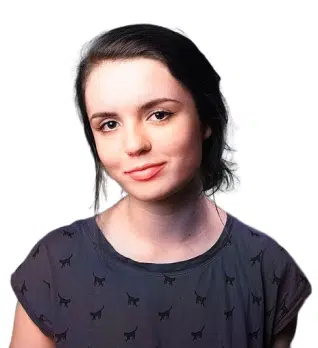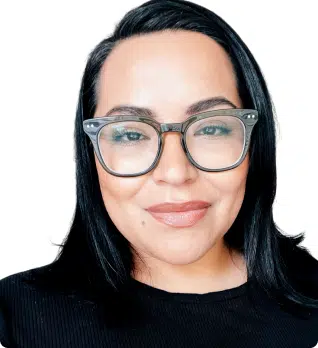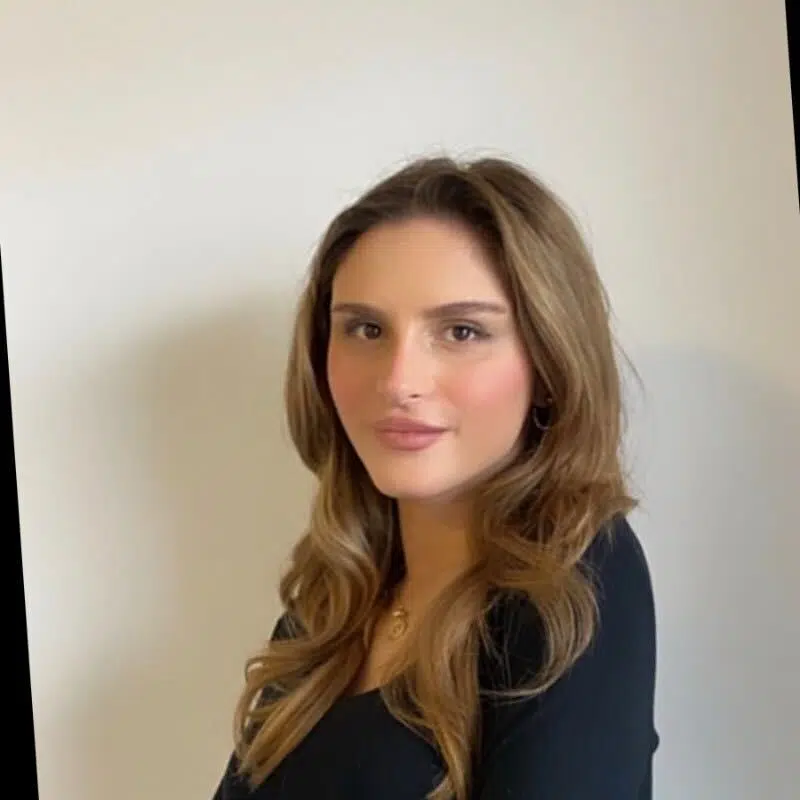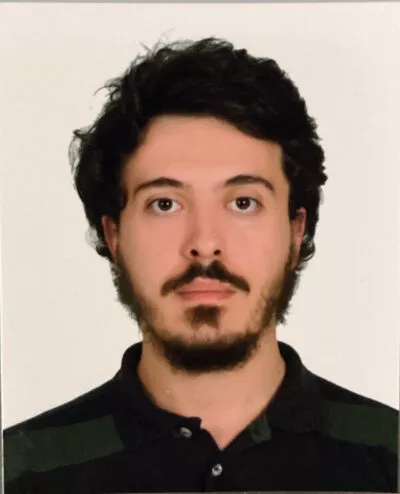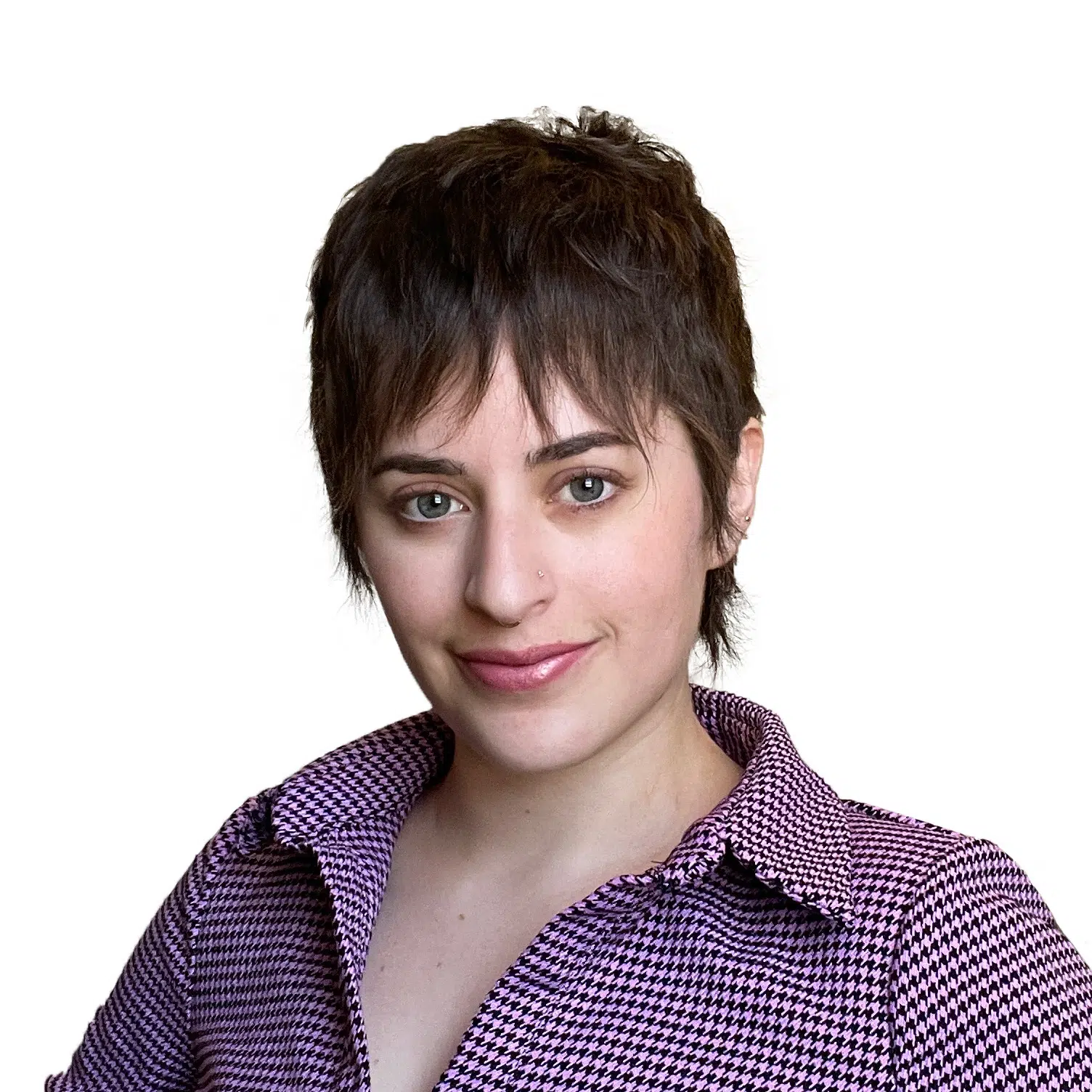Unveiling the Regulatory Pillars: ISO 10993-1 and ISO 14971 in Medical Device Development
The development of medical devices is a complex process, intricately linked to various regulatory standards that ensure safety and efficacy. Among these, ISO 10993-1 and ISO 14971 stand out as crucial for manufacturers. This comprehensive guide delves into the details of these standards, highlighting their importance in the biological evaluation and risk management of medical devices.
Introduction to ISO 10993-1: Ensuring Biocompatibility in Medical Devices
ISO 10993-1 is the cornerstone standard for the biological evaluation of medical devices. It outlines a framework for assessing the potential biological risks associated with a medical device and is a critical part of ensuring the biocompatibility of materials used in medical devices.
The Role of Biological Evaluation
Biological evaluation is the process of assessing the compatibility of a device with the human body. It involves various tests and analyses to identify any biological hazards associated with the materials and processes used in the device. This evaluation is crucial for any device that has direct contact with the patient’s body, whether external or implantable.
Assessing Biological Risk
Biological risk assessment under ISO 10993-1 involves understanding how the device interacts with the body. This includes analyzing material characterization, considering nanomaterials used, and evaluating the chemical constituents of the device. Manufacturers must consider factors like the duration and type of contact (direct, indirect, or externally communicating) with the body.
Understanding ISO 14971: The Framework for Risk Management
ISO 14971 provides guidance on the risk management process for medical devices. It is a comprehensive standard that focuses on identifying, evaluating, and controlling risks associated with medical devices throughout their lifecycle.
Implementing a Risk Management Process
Effective risk management under ISO 14971 involves several key steps: risk analysis, risk evaluation, risk control, and post-production information review. This process helps manufacturers systematically assess and mitigate risks associated with the use of their devices.
Key Elements of Risk Management
Risk management is a continuous process that encompasses everything from material selection and characterization to the review of relevant literature and testing selection. It ensures that every medical device meets the highest standards of safety and efficacy.
Nectar Product Development’s Approach to Regulatory Compliance
At Nectar Product Development, our journey in the medical device sector is marked by a deep understanding of the regulatory framework that shapes this industry. Our expertise extends beyond mere compliance with standards like ISO 10993-1 and ISO 14971; we embrace these guidelines as integral to our design and development process, ensuring that every product we create meets the highest standards of safety and efficacy.
ISO 10993-1, focusing on the biological evaluation of medical devices, is a cornerstone in our development process. It guides us in assessing the biocompatibility of materials used in our devices, ensuring they are safe for direct or indirect contact with the human body. This standard is crucial, especially when developing devices that interact with internal tissues or are used over extended periods. By meticulously evaluating the biological risks associated with materials and processes, we prioritize patient safety at every step.
ISO 14971, dedicated to risk management in medical devices, complements our commitment to safety. This standard provides a comprehensive framework for identifying potential risks associated with medical device use, evaluating their impact, and implementing effective control measures. Our approach to ISO 14971 is not just about adhering to regulatory requirements; it’s about embedding a culture of safety and risk-awareness throughout our organization. From initial design to final deployment, we systematically analyze and manage risks, ensuring our products are not only innovative but also secure for end users.
Our experience has taught us that navigating the regulatory landscape requires more than technical know-how; it demands a proactive approach to safety and quality. Our team of multidisciplinary experts, with their deep knowledge in medical product development and scientific software and instrument development, brings a unique perspective to each project. This expertise, coupled with our commitment to staying abreast of evolving standards and industry best practices, positions us at the forefront of medical device development.
Expertise in Medical Device Development
Nectar’s expertise in medical product development is evident in their ability to integrate regulatory compliance into every stage of the product development process. They focus on ensuring that every design meets or exceeds the requirements set forth by standards like ISO 10993-1 and ISO 14971.
A Multidisciplinary Team for Comprehensive Solutions
The multidisciplinary team at Nectar brings together experts from various fields, ensuring a well-rounded approach to product development. This team includes specialists in material science, risk analysis, and biological evaluation, all of whom play a vital role in navigating the complex regulatory requirements of medical device development.
Biological Safety and Material Characterization in Medical Devices
Biological safety is a crucial aspect of medical device development. Under ISO 10993-1, manufacturers must conduct thorough material characterization to ensure that their devices do not pose any biological hazard to patients.
Importance of In Vitro and Ex Vivo Testing
In vitro and ex vivo testing are vital components of the biological evaluation process. These tests help assess how a device’s materials interact with biological systems, providing critical data sets for ensuring safety and compliance.
Chemical Analysis and Biological Hazards Assessment
A detailed chemical analysis of a device’s materials is essential for identifying potential biological hazards. This analysis helps manufacturers understand the biological risks associated with their products and develop strategies for mitigating these risks.
Risk Assessment and Evaluation Techniques
Risk assessment and evaluation are key processes under ISO 14971. They involve a detailed analysis of potential risks associated with a medical device and the development of strategies to control these risks. In our pursuit of excellence in medical device development, we at Nectar Product Development place a strong emphasis on rigorous testing methodologies. Formative and summative testing are integral to our process, ensuring that every product not only meets but exceeds the necessary safety and performance standards. Through formative and summative testing, we gather critical feedback during the development phase and validate the final product’s usability and effectiveness. This thorough approach to testing is a cornerstone of our commitment to delivering superior medical devices.
The Importance of Data Sets and Testing Selection
Gathering comprehensive data sets and choosing appropriate tests are critical for effective risk management. Manufacturers must consider various factors, including the device’s intended use and the nature of its contact with the body.
Managing Risks in Medical Devices
Managing risks in medical devices is an essential part of ensuring patient safety and product efficacy. It begins with identifying potential hazards associated with the device, including issues related to design, materials, and user interaction.
After identification, these risks are analyzed and evaluated for their severity and likelihood of occurrence. This step helps prioritize risks and informs the development of mitigation strategies.
Risk control measures are then implemented, which may involve design modifications, material changes, or the inclusion of safety features. It’s important to note that risk management is an ongoing process. Even after a device enters the market, continuous monitoring is essential to identify and address any unforeseen risks.
This approach to risk management in medical devices aligns with standards like ISO 14971, which provides a comprehensive framework for managing risks throughout a medical device’s lifecycle.
Embracing Standards for Safer Medical Innovations
Navigating the complex terrain of medical device regulations, embodied by standards like ISO 10993-1 and ISO 14971, is not just a compliance requirement – it’s a commitment to patient safety and product efficacy. These standards, while intricate, offer a structured pathway for manufacturers to assess and mitigate risks, ensuring that medical devices are both safe and effective for their intended use.
ISO 10993-1, focusing on the biological evaluation of medical devices, and ISO 14971, dedicated to the application of risk management, together form a robust framework. This framework not only guides manufacturers through a comprehensive biological risk assessment and management process but also emphasizes the importance of continual monitoring and improvement. By adhering to these standards, manufacturers can navigate the complex interplay of biological hazards and risk management, ensuring that their products meet the highest safety standards.
Nectar Product Development, with its multidisciplinary team of experts, exemplifies the application of these standards in medical device development. From material selection and characterization to comprehensive testing and validation, Nectar ensures that every aspect of product development aligns with regulatory requirements and industry best practices. By leveraging their expertise in medical product development and scientific software and instrument development, they deliver products that are not only innovative but also compliant and safe.
As the medical device industry continues to evolve, standards like ISO 10993-1 and ISO 14971 will undoubtedly play a pivotal role in shaping its future. Embracing these standards is essential for manufacturers aiming to lead in this dynamic field. The journey through this regulatory landscape, though challenging, is a rewarding one, leading to safer medical innovations and better patient outcomes.
For more insights into navigating these and other regulatory landscapes, or to explore potential collaborations in medical device development, feel free to contact us at Nectar Product Development. Also, don’t miss out on valuable discussions on industry trends and insights by tuning into Nectar’s Podcast “The Product Development Book“.
